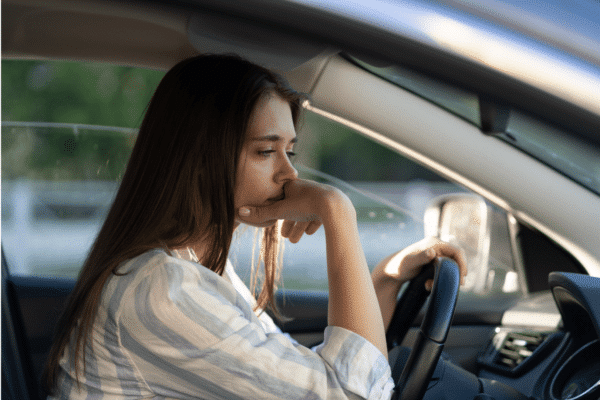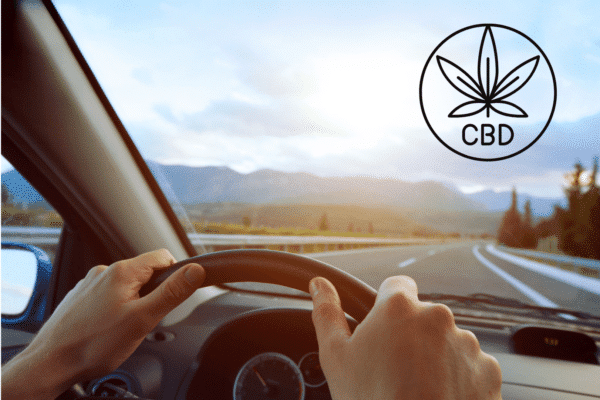The growing use of cannabidiol (CBD) for its soothing effects is raising questions about its compatibility with driving. Unlike THC, the main psychoactive component of cannabis, CBD does not significantly affect mental capacity and is often perceived as safe for drivers. However, it is essential to understand the nuances in order to consume CBD responsibly behind the wheel.
Does CBD affect driving vigilance?
Although CBD is not psychoactive in the traditional sense, it can produce relaxing effects which, in some cases, could affect alertness. It is therefore advisable to carefully assess your personal state before driving after consuming CBD, especially if you are a novice or react sensitively to its relaxing effects.
Legality and Detection Tests
Legally, driving under the influence of CBD is not regulated in the same way as driving under the influence of THC. Products containing only CBD should not test positive for THC at roadside checks, unless the product contains traces of THC, as is sometimes the case with "Full Spectrum" products. It is therefore important that users pay close attention to the composition of the products they consume, especially if they are regularly tested.
Interaction with Alcohol and Other Substances
Combining CBD with alcohol can also complicate matters. Combined use can accentuate the effects of either, potentially to the detriment of one's ability to drive safely. Users should therefore exercise great caution when combining these substances.
Special cases: CBD for pain relief
CBD often offers significant relief that can improve quality of life. However, in cases of acute pain or during attacks, driving can be risky, even if CBD helps manage the pain. Users should assess their ability to drive on a daily basis and avoid driving on particularly difficult days.
Tips for CBD Consumers
- Assess your reaction: Before driving after taking CBD, take the time to understand how your body reacts.
- Choose isolated or broad-spectrum products: If you need to avoid THC for legal or personal reasons, opt for isolated or broad-spectrum CBD products rather than Full Spectrum.
- Consult your doctor: If you're using CBD to manage a medical condition, discuss your use and conduct with a healthcare professional.

Managing the Side Effects of CBD: Drowsiness
CBD is widely appreciated for its beneficial properties, such as anxiety and pain relief, without the psychoactive effects of THC. However, it's important to remember that, like any supplement, CBD can cause side effects. Among them, drowsiness is frequently reported, especially when high doses are taken.
The Importance of Moderation and Prudence
Although CBD-induced drowsiness is generally less marked than alcohol-induced drowsiness, it does require vigilance, especially if you plan to drive. The risk of drowsiness is particularly high in people who have never used CBD before, as reaction to the substance can vary from one individual to another.
Tips for Responsible CBD Consumption:
Start Small: If you're new to CBD use, it's a good idea to start with a small dose during a relaxing time, like a weekend, when you don't need to be out and about. This will allow you to understand how your body reacts without risking your safety or that of others.
Increase Gradually: For those looking to increase their CBD dose, it's crucial to do so gradually. Increasing the dose slowly will help you identify your tolerance threshold and avoid excessive drowsiness that could compromise your ability to perform tasks requiring concentration, such as driving.
Be Aware of Painful Crises: People suffering from painful medical conditions may find themselves increasing their CBD dosage to manage their symptoms. It's important to note that pain itself, as well as increased CBD doses, can impair judgment. Be vigilant and recognize when your condition may not be optimal for driving.
What to do when in doubt
If you feel drowsy after consuming CBD, or have doubts about your ability to drive safely, it's wise to choose an alternative to taking the wheel yourself. Organizing a carpool, hailing a cab, or using public transportation are safer options that can allow you to meet your obligations while staying safe.









